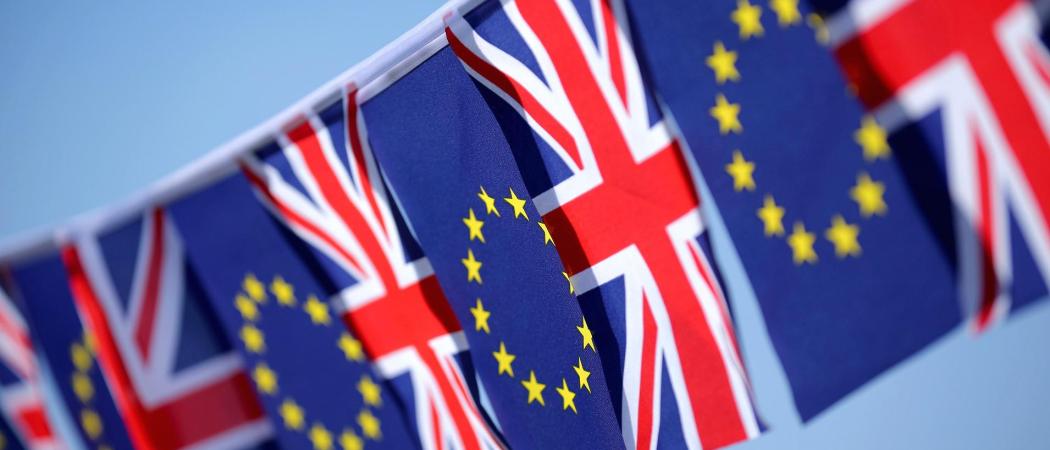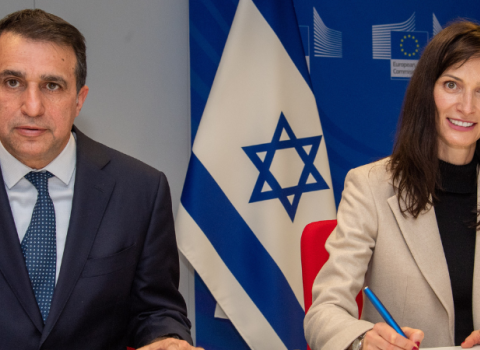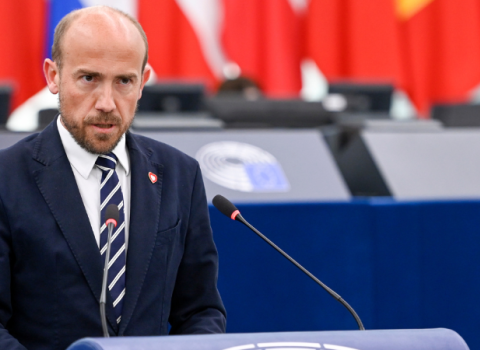Sam Gyimah is pushing for favourable terms for UK membership in Horizon Europe. “You don’t want to put a cap on excellence,” he says

The UK’s universities and science minister Sam Gyimah is arguing for “creativity to be brought to bear” on his country’s eligibility for EU research funding post-Brexit.
The minister, in Brussels on Monday to meet science officials and lobbyists a week before the EU unveils the plan for its Horizon Europe research programme, said he is confident European counterparts share his vision for building a successful new research relationship between the UK and EU.
As outlined in a position paper last week, the UK government is looking for a deal on science with the EU that is, “Greater than current non-EU precedents, recognising the quality and breadth of the UK’s contribution.”
“Speaking to a number of science contacts here in Brussels, they recognise [science cooperation] is win/win,” said Gyimah.
Like the EU’s research commissioner, Carlos Moedas, Gyimah worked for some years in investment banking at Goldman Sachs before becoming an MP. He campaigned for the UK to remain in the EU in the referendum of June 2016.
Rather than looking to an existing template for the relationship, Gyimah, who was promoted to the post of science minister in January, is pursuing a “far-reaching” bespoke deal that adequately reflects all the UK has to offer in research. “Look at our size and expertise,” he said. “We have four of the top 10 universities in the world. You don’t want to cap excellence.”
Commission officials are preparing to change the rules governing foreign participation in Horizon Europe so rich countries like the UK can join the programme more easily.
Gyimah said there was no “ball-park figure”, or upper limit, being discussed for now on how much the UK would be willing to pay to gain entry to Horizon Europe, although it is sure to be more than member states will be asked to chip in.
“We’ve yet to see the formula for calculating membership. If it is based on gross national income, you would expect it will be considerable,” Gyimah said.
EU Brexit negotiators however, say the shape of any deal with the UK is conditional on issues including future UK access to the single market and the customs union, which must be settled as part of the Withdrawal Agreement, before the shape of the UK’s future relationship with the EU can be negotiated.
While the details of the first two elements of the Withdrawal Agreement – the arrangements for protecting reciprocal rights of citizens and the size of the divorce bill – have been agreed, talks are currently at an impasse over the customs union and how to avoid checkpoints on the border between the Republic of Ireland and Northern Ireland.





 A unique international forum for public research organisations and companies to connect their external engagement with strategic interests around their R&D system.
A unique international forum for public research organisations and companies to connect their external engagement with strategic interests around their R&D system.